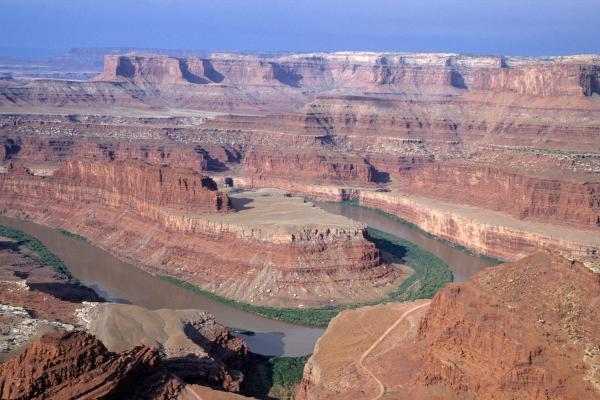Federal Funds Aim to Mitigate the Colorado River Crisis – A Temporary Reprieve or a Long-term Solution?

The U.S. federal government has made financial efforts to manage the crisis of the shrinking Colorado River, which is crucial to 40 million people for drinking water, food production, and hydroelectric power. Despite significant funding, including over $1 billion from the Inflation Reduction Act aimed at reducing water usage from the river, the problem persists due to ongoing climate change-induced reductions in water availability. While the funding has prevented an immediate disaster, it has not resolved the crisis, serving instead as a temporary measure while policymakers develop long-term solutions.
In Arizona, nearly $160 million is directed toward water conservation efforts in cities like Phoenix. However, traditional conservation methods, such as installing low-flow showerheads and incentivizing the removal of water-intensive lawns, are being supplemented by larger, more costly projects. These include raising dam heights to increase water storage and constructing advanced facilities to recycle sewage into drinkable water. There is increased pressure on Southwest cities to balance water scarcity with rapid population growth and economic expansion, illustrating the complex challenges of sustainable water management in the face of climate change and urban development.
To learn more, visit the NPR segment of Morning Edition, "Is federal money doing anything to stop the drying Colorado River?" aired July 5, 2024.
